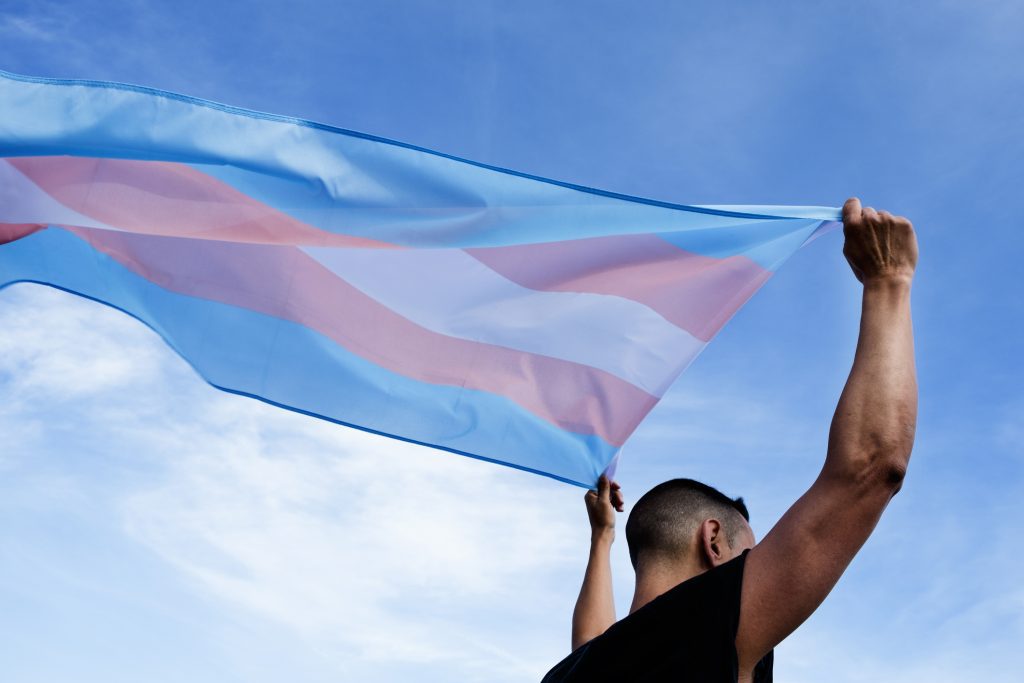Nebraska lawmakers did not move forward with a proposal to prohibit transgender student-athletes from participating in school sports teams that correspond to their gender identity, for the second year in a row.
Legislative Bill 575, also known as the Sports and Spaces Act, aimed to stop transgender students from using public school restrooms and locker rooms that match their gender identity and to mandate schools to assign athletic participation based on sex assigned at birth. The bill would have also redefined sex in a way that LGBTQ advocates cautioned would exclude transgender and gender-nonconforming individuals.
Republicans in Nebraska’s unicameral legislature were unable to gather enough votes to overcome a filibuster on the bill, which was carried over from the previous session after facing a similar fate last year.
31 GOP state senators voted to end discussion and vote on the measure, falling just two votes short of the two-thirds majority needed to end a filibuster. Two Republican senators chose not to vote.
The bill is now effectively dead, with only four days remaining in the current session.
Nebraska Sen. Kathleen Kauth, a Republican and the primary sponsor of the bill, expressed disappointment in two senators who did not vote on the bill. She stated to The Hill in an email after the vote, “I would have liked the opportunity to make adjustments.”
During a four-hour debate on Friday, senators from both parties raised concerns about the enforceability of Kauth’s bill in its current state and whether its limitations would inadvertently harm cisgender and transgender students.
State Sen. Tom Brandt, a Republican who chose not to vote, commented, “This bill is incomplete, and it needs to be reworked. My fear is it’ll affect all female athletes.”
Additional concerns raised by Brandt and others related to whether the bill would necessitate schools to build additional restrooms and locker rooms for transgender students, and whether taxpayers would be accountable for covering the cost of chromosome testing.
Kauth’s proposal defines “male” and “female” based on an individual’s chromosomes.
On Friday, Democrats largely criticized the bill as an assault on transgender young people, pointing to higher rates of depression, anxiety, and suicide among transgender and gender non-conforming youth.
“We all know what this is about, no matter how we dress it up,” said Democratic state Sen. Lynne Walz. “It’s discrimination. It’s a blanket ban on trans kids participating in extracurricular activities.”
Kauth, who successfully led an effort to limit access to gender-affirming healthcare for transgender minors in Nebraska last year, mentioned to The Hill she is undeterred by Friday’s vote and intends to reintroduce the bill in 2025.
“I will be bringing it back next session,” she said.
Laws that prevent transgender student-athletes from participating in sports teams matching their gender identity have been enacted in at least 24 states since 2020, according to the Movement Advancement Project, although court orders are hindering the enforcement of laws passed in Arizona, Idaho, West Virginia, and Utah.
At least 10 states have prohibited transgender individuals from using bathrooms and changing rooms in K-12 schools that correspond to their gender identity.









